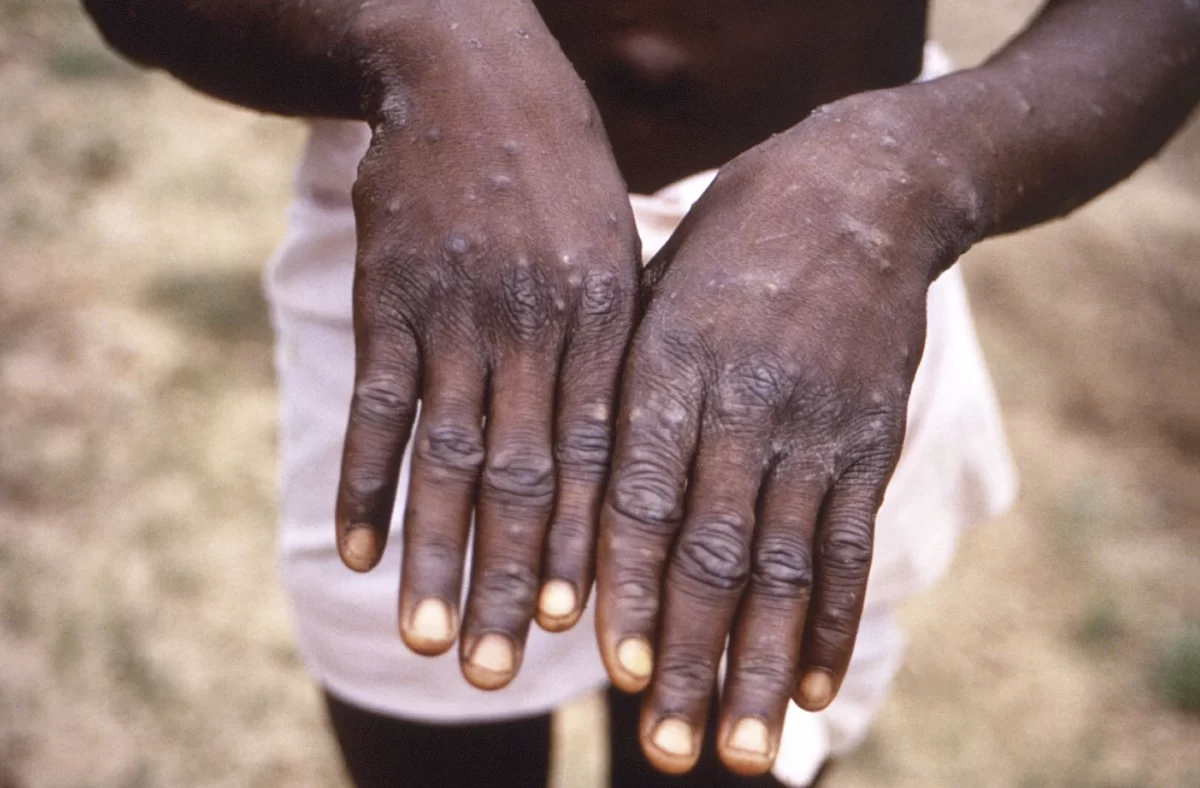SOUTH AFRICA, Johannesburg – As Lebohang Mphuthi works amid the chaos of boisterous children during a lunch break at the Omar H.S. Ebrahim elementary school in South Africa — the kids are pushing, shoving and spilling food everywhere — she can’t help but think how this is as far from her dream job as it can get.
Four years after graduating with a degree in analytical chemistry, the only work the 26-year-old has found is as a student assistant at a public school in Pretoria. Her responsibilities include handing out meals to the children and limiting the chaos as best she can.
Mphuthi’s story mirrors those of so many young South African graduates sitting at home jobless or trying to make ends meet doing fairly menial jobs in a country with a 33% official unemployment rate. It’s a figure badly at odds with the status of a nation meant to embody the aspirations of Africa and the developing world.
“It is demotivating and frustrating,” Mphuthi said of her battle to make progress.
“You ask yourself, if we who studied are struggling to find jobs, then what about these ones who are still at school?”
In a South African context, Mphuthi might be considered lucky with the $215 she earns a month.
Analysts say the official unemployment number doesn’t even count those who have given up on finding work and dropped off the grid and that a more accurate assessment would be that nearly 42% of South Africa’s working-age population is unemployed.
South Africa has the highest unemployment rate in the world, according to the World Bank, outstripping Gaza and the West Bank, Djibouti and Kosovo.
When it comes to youth unemployment, the rate is 61% of 15- to 24-year-olds, according to official statistics, and a staggering 71% if you again count those who are no longer trying.
Isobel Frye, executive director of the Social Policy Initiative in South Africa, which researches poverty and unemployment, said it equates to 24 million adults out of a population of 60 million who are either unemployed or not involved in any economic activity and barely surviving.
A United Nations report on unemployment in South Africa that was delivered to Deputy President Paul Mashatile last month described the situation as a “ticking time bomb.”
“We have to ask ourselves why this was allowed to happen,” Frye said.
South Africa’s GDP needs to grow by 6% a year to start creating enough jobs just for the 700,000 people who enter the workforce every year, according to Duma Gqubule, a financial analyst who has advised the South African government.
South Africa’s growth hasn’t approached that much-needed figure for more than a decade. Its economy — which grew by 2% last year — is expected to grow by less than 1% this year and between 1% and 2% for the next five years.
Gqubule and Frye believe there are policies that would ease unemployment but have expressed exasperation that the problem isn’t a top priority for everyone from the government to private businesses and every South African given the country’s massive problems, including poverty, inequality and an epidemic of violent crime.
“People just don’t want to talk about this crisis,” Gqubule said when he appeared on national television to reflect on the U.N. report.
The UN report didn’t come as a surprise. Unemployment was high 30 years ago and has been trending up.
The COVID-19 pandemic ripped jobs away from more than 2 million South Africans in a devastating blow, according to government statistics. However, there were warning signs long before that.
The pandemic didn’t cause 46-year-old Themba Khumalo’s problems. He lost his job as a machine operator in 2017 and now tries to support his wife and two children by collecting metal and plastic containers anywhere he can find them to sell in bulk for recycling.
“There are too many guys sitting at home without work,” Khumalo said as he crushed some metal cans with his worn-out work boots in the backyard of his home on the outskirts of Johannesburg.
“He shakes his head at the insufficiency of the monthly $18 he receives in unemployment benefits. His one bright note is that neighbors often leave empty food cans outside his house for him to recycle.
















